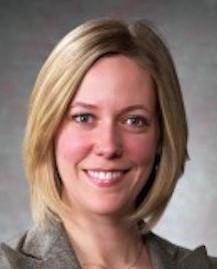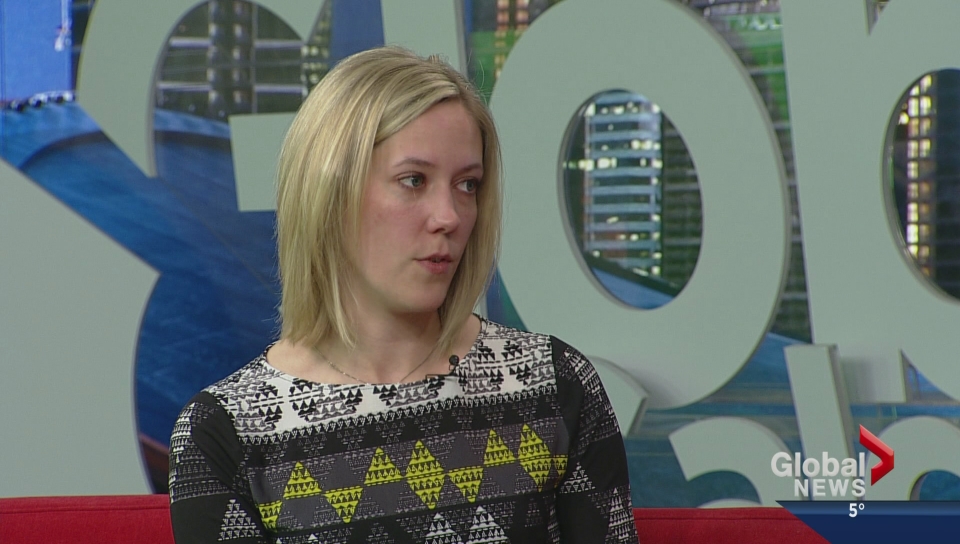
Media
Melanee Thomas: She Politics
Why are women not better represented in Canadian politics? Steve Paikin sits down with Melanee Thomas for her thoughts.
The gender gap in self-perceived understanding of politics in Canada and the United States
Published by Politics and Gender
2008 Despite the gains women have made since the advent of second-wave feminism, women remain less confident than men of their ability to understand politics. This gender gap has remained unchanged for decades, yet it has attracted surprisingly little scholarly attention in recent years. This article uses data from the 2000 American and 2004 Canadian election studies to assess whether differences in women's and men's socioeconomic resources help to explain the gender gap...
URL: http://journals.cambridge.org/abstract_S1743923X08000469
The Complexity Conundrum: Why Hasn't the Gender Gap in Subjective Political Competence Closed?
Published by Canadian Journal of Political Science
2012 In the 1960s, the gender gap in subjective political competence was assumed to reflect women's lack of socioeconomic resources, their confinement to the domestic sphere and their gender role socialization. Since then, women have moved into the labour force in vast numbers and conceptions of gender roles have been radically altered under the influence of the feminist movement. Yet, the gender gap in subjective political competence persists...
URL: http://journals.cambridge.org/abstract_S0008423912000352
Sacrificial lambs, women candidates, and district competitiveness in Canada
Published by Electoral Studies
2013 Women's continued political underrepresentation suggests that women candidates might be more likely than men to be 'sacrificial lambs'–that is, more likely than men to serve as party standard bearers in districts where their party has little chance to win. Using data from the 2004–2011 Canadian federal elections, we find support for the sacrificial lamb hypothesis when district competitiveness is measured dynamically, rather than statically...
URL: http://www.sciencedirect.com/science/article/pii/S0261379412001473
Gender and Psychological Orientations to Politics
Published by McGill University Libraries
Biography
Dr. Melanee Thomas joined the department in 2012. Prior to this, she was the Skelton-Clark Post-Doctoral Fellow in Canadian Affairs in the Department of Political Studies at Queen's University. Her research focuses on the causes and consequences of gender-based political inequality in Canada and other post-industrial democracies, with a particular focus on political attitudes and behaviour, and policy feedback. Her current funded projects include an exploration of the effects of gender, socialization, and psychological orientations to politics, a project examining the role electoral districts play in voter turnout, party competition, and representational diversity, and an exploration of public and elite opinion about the environment, the economy, and climate change.
Recognition/Reconnaissance
Skelton-Clark Post-Doctoral Fellow | Professional
From the Canadian Affairs in the Department of Political Studies at Queen's University
Jill Vickers Prize Winner | Professional
Canadian Political Science Association, for the best paper presented on gender and politics at the 2010 annual meeting of the Canadian Political Science Association. For “Gender, Generation, and Political Engagement in Canada.”




